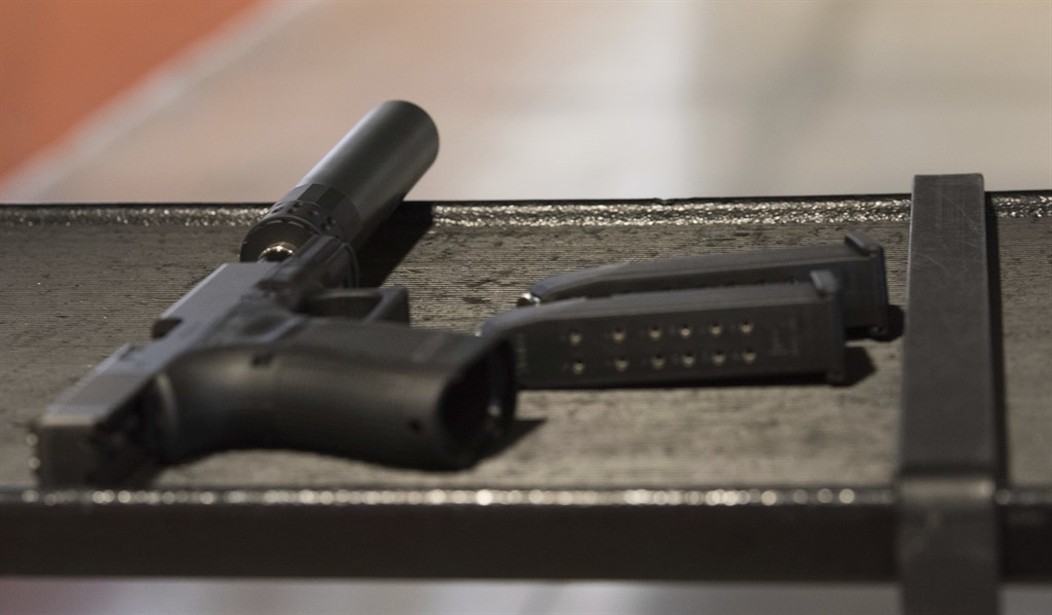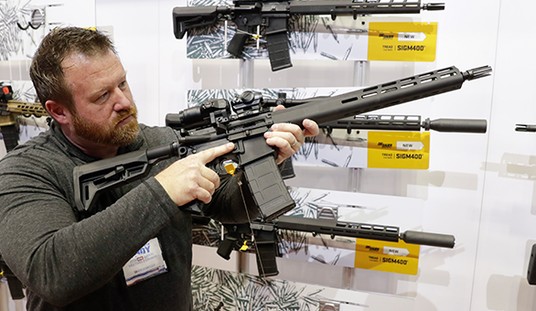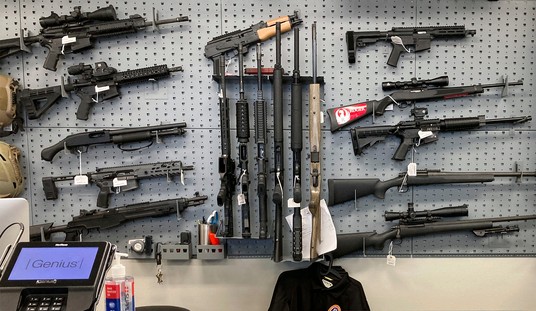Constitutional Carry and Second Amendment Sanctuary weren’t the only pro-2A bills signed into law by Gov. Greg Abbott this week. The Texas governor actually signed seven bills expanding or protecting the right to keep and bear arms on Thursday, including a measure that would allow Texans to purchase suppressors without having to register them under the National Firearms Act, as long as the suppressors are made in the Lone Star State. The bill also asserts that state and local governments cannot enforce federal laws around suppressors if they conflict with state law, and directs the state Attorney General to take the issue to federal court if necessary.
Unlike Constitutional Carry and the new Second Amendment Sanctuary law, HB 957 is almost certain to face a court challenge. In fact, the bill seems designed to provoke a lawsuit, giving the Supreme Court another chance to weigh in on the Tenth Amendment powers of the states and to curb the expansive powers given to the federal government under existing Commerce Clause jurisprudence.
Robert Leider, a law professor at George Mason University, said the law is unlikely to prevent federal enforcement of the silencer rules, pointing to the Supreme Court’s expansive reading of the Commerce Clause under longstanding precedents.
Federal authority also rests on Congress’s constitutional taxing power. The original federal gun law, the National Firearms Act of 1934, is essentially an excise tax with registration rules, establishing a $200 tax on the manufacture or transfer of specific types of firearms and equipment, including silencers.
“We are teeing up the Supreme Court case, which is the important part,” said Emily Taylor, firearms lawyer and independent program attorney for U.S. LawShield, a firearms insurance group.
The Wall Street Journal spoke to Dave Matheny, who runs the Texas-based Silencer Shop and also believes that it could be several years before the bill’s effects are felt in the state.
“The reality is, it probably won’t change anything at all,” he said, at least not right away. “It needs to work its way through the federal courts, and that could take a while.”
Texas isn’t the first state to pass a law designed to go around the Constitution’s Commerce Clause, which gives the federal government the power to regulate commerce “among the several states.” Both Montana and Kansas have passed Firearms Freedom Acts in recent years, but neither have survived legal challenges. The Ninth Circuit tossed out Montana’s law in 2013, and the Supreme Court chose not hear the appeal from Montana gun owners and 2A advocates. I
In 2018 the Tenth Circuit ruled that Kansas’ law was no protection from the federal government’s taxing authority. The following year the Supreme Court declined to hear that case as well, upholding the felony convictions of two Kansas residents who were convicted of illegally possessing Kansas-made suppressors without going through the NFA registration process.
Given the previous outcomes of these Tenth Amendment test cases, I think it’s fair to say that the new suppressor law in Texas faces some fairly long legal odds. At the same time, you can’t make progress unless you push for it, so I have no issue with Texas trying to expand the Tenth Amendment powers of the states. I’m just glad to see Second Amendment advocates make it clear that the new suppressor law won’t change anything on the ground right away. The last thing we want is for Texans to erroneously think they’re now able to bypass federal law, only to end up facing federal charges.








Join the conversation as a VIP Member